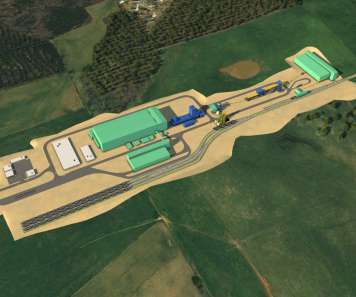DOE awards ~$34M to 11 projects to advance waste and algae bioenergy technology
Green Car Congress
AUGUST 4, 2021
Biomass feedstocks can be produced by municipal solid waste (MSW) streams and algae and converted into low-carbon fuels that can significantly contribute to the decarbonization of transportation sectors that face barriers to electrification, such as aviation and marine. North Carolina State University. Federal share.

























Let's personalize your content